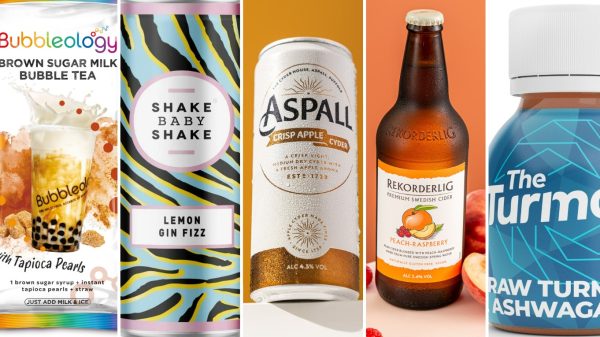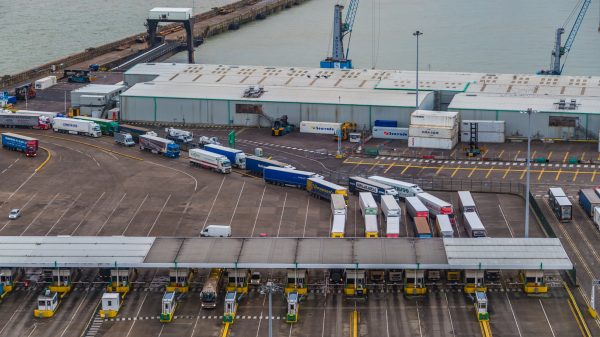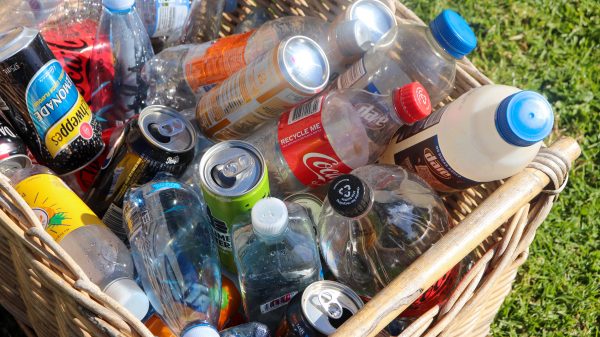Fertiliser prices are starting to fall to normal levels as global supply has started increasing, easing financial and demand pressures for UK farmers.
Following two turbulent years of record-high fertiliser and energy prices, exacerbated by Russia’s invasion of Ukraine – two of the world’s largest fertiliser producers, – affordability in the market is gradually starting to improve.
According to financial services company Rabobank, nitrogen, phosphate and potash fertilisers will all see price declines as global markets begin recovering from the impacts of Covid-19, the war in Ukraine and record-high energy inflation levels.
Forecasts suggest the affordability index values will return to roughly the same levels they were at three years ago.
Additionally, recent analysis from the Energy & Climate Intelligence Unit found that the cost of fertiliser, pushed up during the gas crisis, has been adding around £78 million a month to UK farmers’ bills.
Subscribe to Grocery Gazette for free
Sign up here to get the latest grocery and food news each morning
In February, the UK’s leading supermarkets addressed the fruit and vegetable shortages by meeting with farming minister, Mark Spencer.
“Most fertiliser prices are gradually returning to their historical averages, and in some cases, like urea, current values are below historical levels already,” Rabobank senior analyst Bruno Fonseca told The Grocer.
However, Rabobank noted that global consumption “may take two or three years to recover”.
NFU deputy president Tom Bradshaw also told The Grocer: “The cost of fertiliser remains 50% higher than 2019, so we are far away from what we could describe as ‘normal’, with production costs yet to pull through the value chain.
“Farmers and growers are still contractually bound by high energy costs they were encouraged to lock into by government under the energy bill relief scheme, and significant inflation in other inputs like fertiliser and labour means costs of production will remain high and production confidence, low.”










